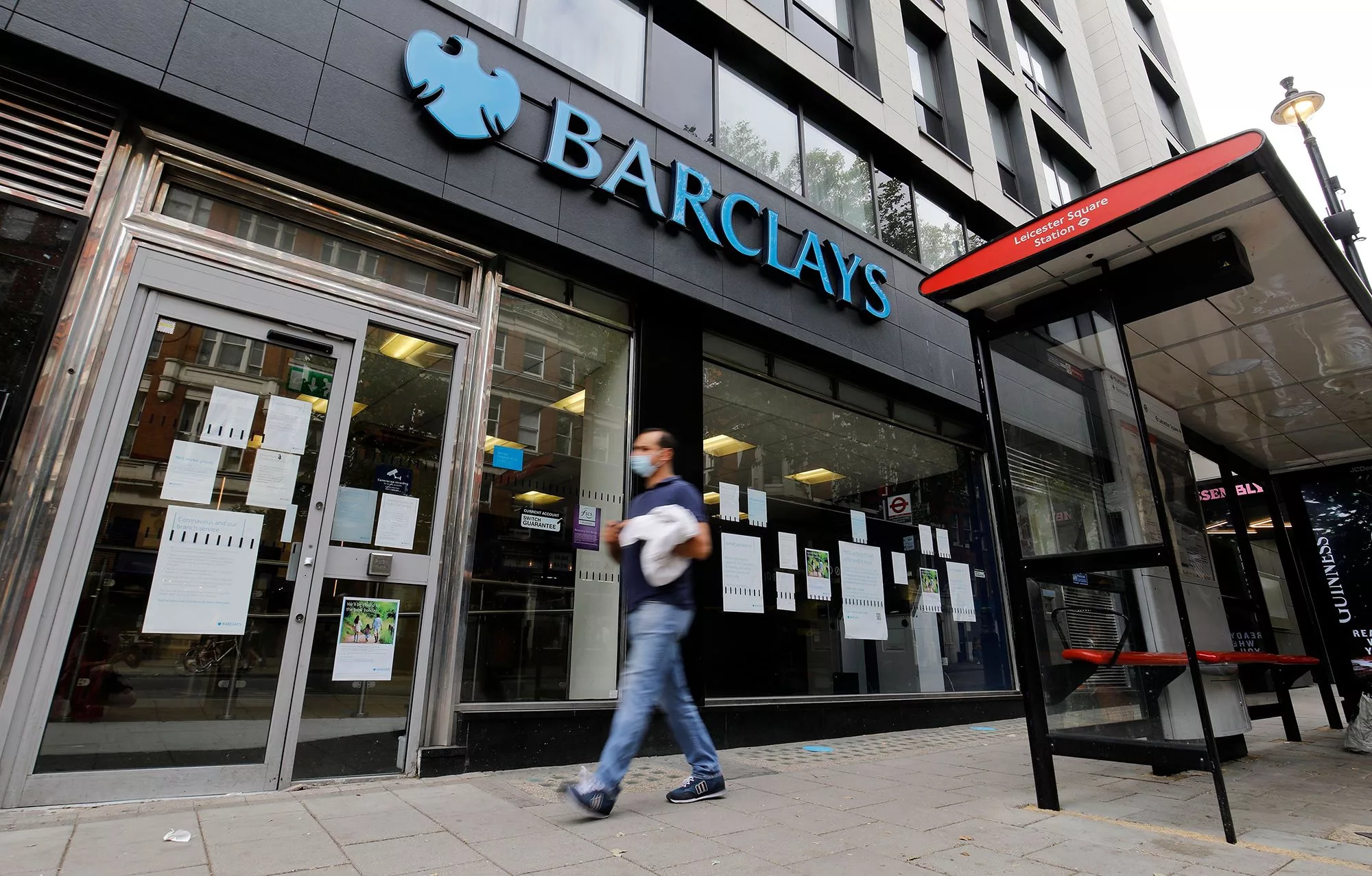Barclays (BARC.L) reported a 14% decline in yearly profits, which was impacted by rising expenses as well as a misstep in administration that resulted in expensive fines and exacerbated a decline in deal fees collected by its investment bank.
Pretax earnings for the British institution were 7 billion pounds ($8.5 billion) in 2022, down from 8.2 billion the previous year and well shy of the average expert projection of 7.2 billion, according to data provided by the bank.
Early trading saw an 8% decline in the bank’s stock, putting it on pace for its largest one-day decline since the day Russia invaded Ukraine.
The results were criticized by analysts as being unsatisfactory, especially in light of rising interest rates and borrowers’ resiliency in the face of inflation and increased living expenses.
According to John Moore, senior investment manager at RBC Brewin Dolphin, “Barclays should be the best-positioned of the main UK lenders in the current environment when it can turn its back on errors and legacy concerns, which have been a consistent feature of performance in previous years.”
As fees from advising on debt and equity fundraising declined by over two-fifths year-over-year, the international unit, which includes Barclays’ transatlantic investment bank, saw a decrease in return on equity from 14.4% to 10.2%.
That division’s profit before tax also fell by 23% to about 5 billion pounds.
In contrast to American rivals Morgan Stanley (MS.N) and Goldman Sachs (GS.N), which reported 20% and 38% year-over-year increases respectively in 2022, Barclays said revenue from Fixed Income, Currencies and Commodities (FICC) trading, its traditional strength, increased 65% to 5.7 billion pounds from the previous year.
According to expectations, Barclays will pay a 7.25 pence annual dividend per share and has also announced a new 500 million pound share buyback, bringing the total for 2022 to 1 billion pound.

